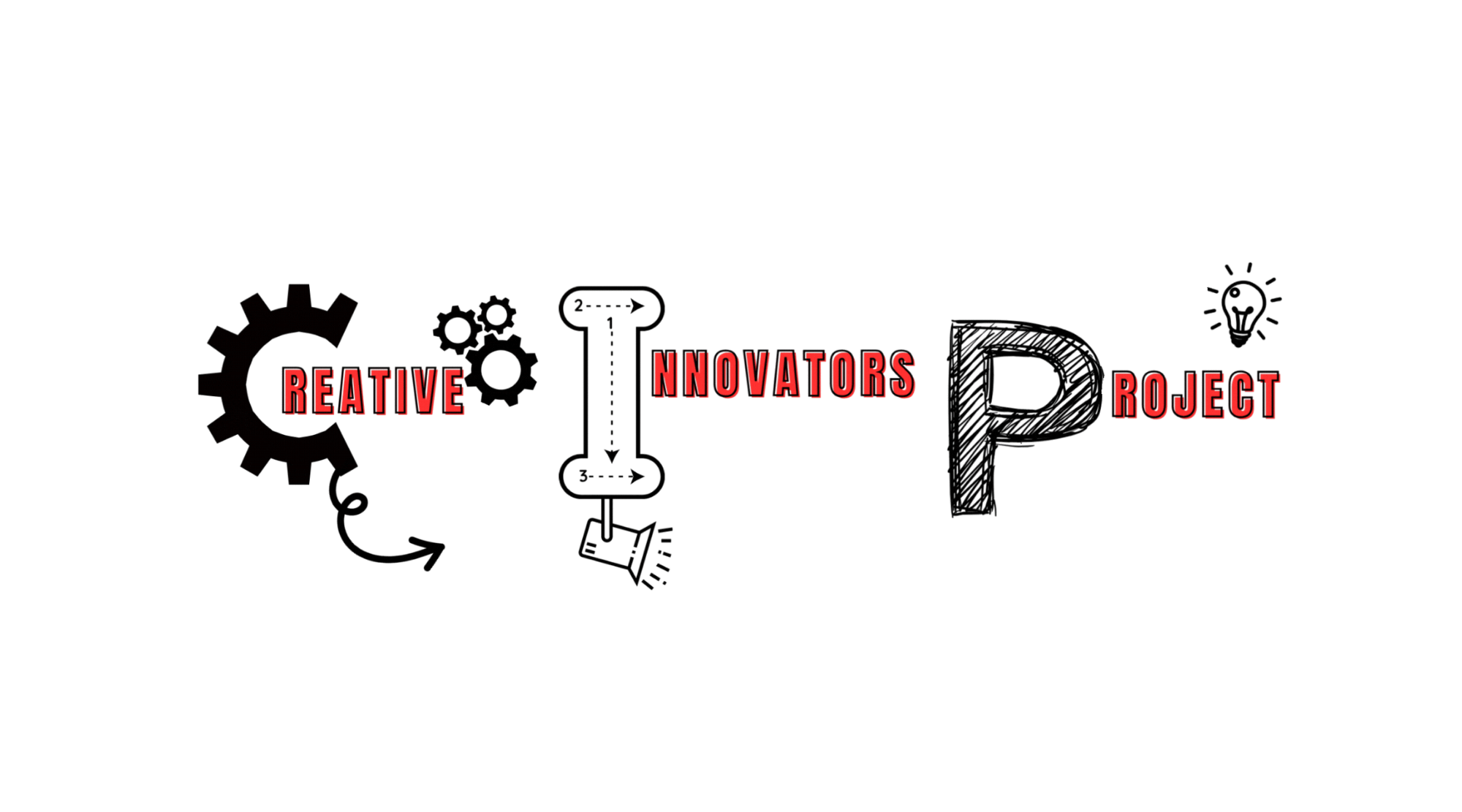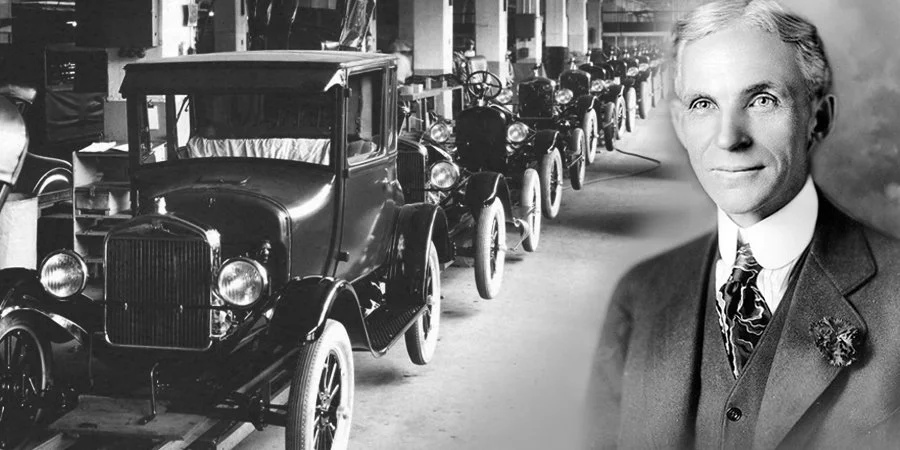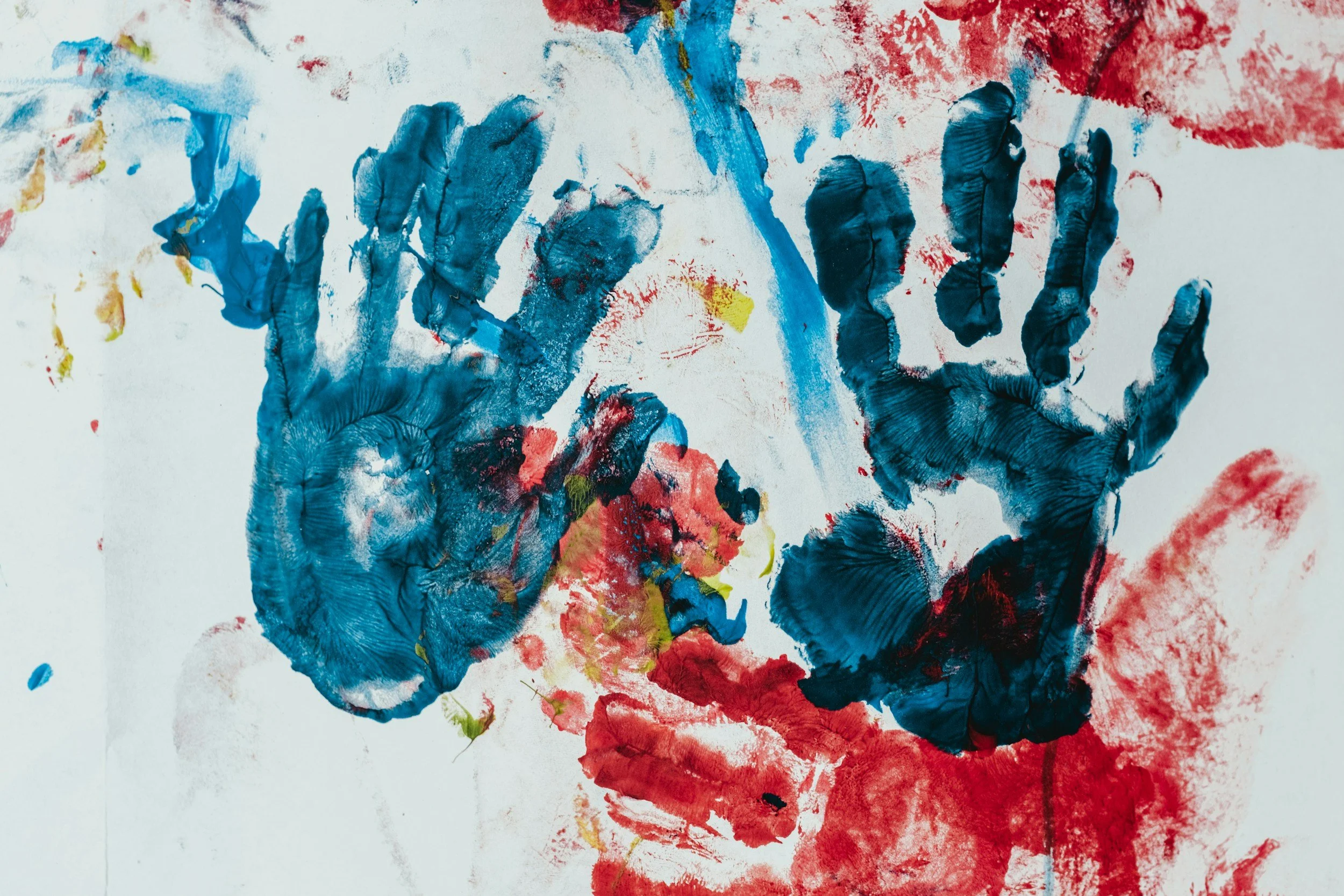
Creating Future Innovators ~
Creating Future Innovators ~
The Creative Innovator’s Project (“CIP”) nonprofit club began as an Odyssey of the Mind program at the local elementary school, started by our found and parent, Meghan Scherpenberg. What began as an after-school program led by parent volunteers passionate about teaching students creativity and problem-solving evolved
into a legacy of titles both regionally and in the state, leaving positive lifelong impacts on everyone involved. When the original team finished 8th grade and headed to high school, the program dispersed, but many were missing the fun we used to have solving problems together.
“Failure is simply the opportunity to begin again, this time more intelligently.”
— Henry Ford

Our “Henry Ford” Year
In the fall 2024, Meghan and a few of the older team members gathered in her living room and attempted to solve the problem in front of them. Could we find a way to continue doing what we enjoyed? After discussing lessons learned from the pas, we constructed our answer and decided to give it a try. Creative Innovator’s Project LLC- a club of adult mentors and students who work on complex problems using creativity and diversity, our theoretical solution was born. A student-led nonprofit organization that enabled them to continue to compete in Odyssey, but also to start bringing creativity to our local community. Our first mission was to expand our team and creativity skills to seek and partner with local agencies to solve real problems that hey experience, such as scooter and pedestrian safety.
Remaining true to our message, we didn’t let the beginning obstacles become roadblocks. By using skills we teach through our program, such as formulating and executing idea, testing, and pivoting, everyone involved contributed their unique strengths collectively. We found success one step at a time. Things were clumsy, and several issues seemed insurmountable. Nevertheless, positive thinking and experience with impossible challenges kept us focused on our goal. Relying on creativity, resourcefulness, resilience, and teamwork to solve problems, we eventually developed our framework. Once we had our basic foundation, we started building.
Nancy Zayas and Sarah Thukral, also former coaches, were excited to jump on and help lead the younger division team. We moved into a larger space in the neighborhood and found our last outstanding coach, Devon Baker, to lead our brand-new Primary team. Together, the High School board members, coaches, brave parents, and teams worked to form a brand new club, recruit members, and prepare them to compete in under 2 months. To everyone’s surprise, we achieved and exceeded that lofty goal. All teams competed at the Regional Tournament; the competitive teams took top spots and advanced, to repeat that success at the State Tournament and qualified for World Finals in Michigan. The whole club pitched in time and effort to fundraise, and down to the wire was able to send the high school team. They learned success wasn't defined by the tournaments, but by all the real world problems they had to solve to get there.

Henry Ford
Henry Ford was an innovator and industrialist who was inspired by the world around him. From a meager start as a farmer’s son, he explored his interests, took risks and changed the world through innovation and determination.
Our Vision and Who We Are
As you can see from our Odyssey of the Mind track record, we like to win, and we excel at it. Healthy competition is a good thing and we like to encourage it. But trophies aren’t why we do it, and maybe that’s why it’s worked.
At Creative Innovator’s Project we take time to discover and build internal motivation and autonomy in children. They develop the confidence and skills to take calculated risks, enjoying the process of exploration over the pressure of perfectionism.
Instead of rigid expectations and direct comparisons that define the most learning experiences, leaving little room for celebrating individuality and uniqueness, we celebrate neurodiversity.
We explain and discuss divergent thinking skills, encouraging every student to learn the value of and become comfortable practicing and applying both conformity and congruency, as well as chaos and spontaneity, in their work and learning.

Soft Skills
The Method
Soft skills—personal attributes and interpersonal abilities—are harder to quantify and are often developed through experience and practice.
Communication
Teamwork
Problem-solving
Our method here at CIP begins by teaching both hard and soft skills to create a “toolbox’ that they can use at their discretion to achieve their cumulative goals. Through 1 on 1 coaching feedback, team training, age-division specific curriculum, and mentoring from veteran members, we support their learning process with strength-focused feedback.
Hard Skills
Hard skills—specific, teachable, and measurable technical abilities—are typically acquired through education and training.
Engineering
Acting
Singing
Art
Construction
Coding
Script-writing
Both are so crucial for future career success, in any field, with hard skills demonstrating proficiency in a role’s technical aspects and soft skills contributing to positive and productive work environment.

Our Mission
At CIP, we endeavor to support your child’s growth both individually and as part of a team into a creative problem-solver. As part of our club program, children learn to assess their strengths, weakness, likes, dislikes, personality, and learning styles, as well as those of others they work with, through assessments, positive feedback, and constructive criticism. We help to discover their unique talents and how to use them in teams to effectively reach goals.
Starting as early as kindergarten age, building and expanding through high school, we teach members, concepts such as brainstorming, compromise, and independently, interdependently as part of a team, and collaboratively with a coaches support.
Child-led groups mentored by a coach are encouraged and provided opportunities to develop ideas using their perspective to help their community and club.